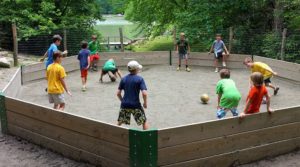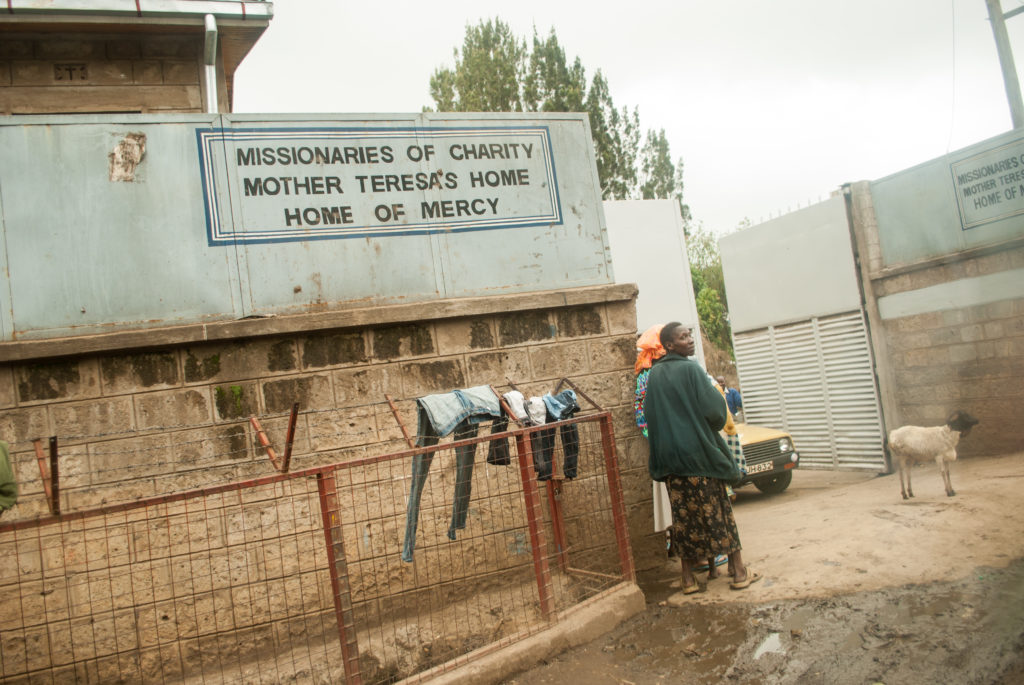Holistic: characterized by comprehension of the parts of something as intimately interconnected and explicable only by reference to the whole.
Liberation: the act of setting someone free from imprisonment, slavery, or oppression; release.

My second course with The People’s Seminary is titled Healing and Holistic Liberation: Biblical Foundations and Principles. We began Wednesday evening. The first session was “Identity and Authority in Christ”. Fourteen (or so) professionals from the area gathered to become better equipped in transformational ministry.
The first question: What are the obstacles that keep you from living as an empowered son or daughter of the Father?
We receive our identity as individuals from many cultural and social sources–primarily from our family, from our parents. What spiritual authority do we place and worship in our lives? What authority do we receive from these sources? If you were as interested in Fight Club (1999) as a high schooler as I was, then you know where I’m going with this.
Our fathers were our models for God. If our fathers bailed, what does that tell you about God?
Our individual understanding of our own selves (our self-worth, ability, worth, and value) are wildly affected by the relationship we had and have with our own fathers. So what do we know about them?
- Raphael’s dad was absent his whole life. He sought, denied, and struggled with several father-figures while trying to grow up to be a strong, healthy man.
- Monica’s parents were alcoholics. They divorced when she was seven, and she saw her dad at important events. Her mother remarried to another alcoholic, and she left home at 17.
- Dylan said he only had bad stories about his father.
(Names changed to protect privacy.)
These are the people seeking to die and be resurrected in Christ. Here’s the specific strategy for ministries that seek to celebrate Christ’s transformative power. We must realize that we turn away from God, seek false authorities, and carry a warped understanding of love, security, and family. Only then are we able to look to Christ to turn our shoulders toward God as our authority, as our model of a loving father, instead of the other way around. We are made whole, we practice forgiveness, and we, the broken and weary, are being equipped to bear witness to God’s lost people.
I am grateful that this ministry seeks to first address the most foundational cracks in our hearts.
No one comes to the Father except through me.
John 14:6But as many as received Him, to them He gave the authority to become children of God, even to those who believe in His name, who were born, not of blood nor of the will of the flesh nor of the will of man, but of God.
John 1:12-13For all who are led by the Spirit of God are children of God. For you did not receive a spirit of slavery to fall back into fear, but you have received the Spirit of adoption as sons and daughters, by whom we cry, “Abba, Father!” The Spirit himself testifies with our spirit that we are children of God.
Romans 8:14-16


